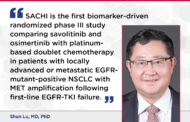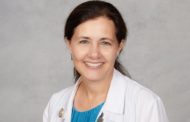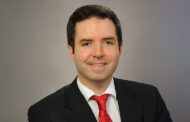
The International Lung Cancer Foundation recently announced the recipients of its January 2022 Research Grant funding cycle.
During this cycle, the foundation awarded four Fellowship Grants. These $50,000 awards are exclusive to fellows for a 1-year research project. In addition, for young investigators ready to begin independent research, the foundation awarded three Young Investigator Grants, also worth $50,000 for 1 year.
Congratulations to the following researchers.
Fellowship Grant Recipients
The Heine A. Hansen Fellowship Grant was awarded to Dr. Marco Tagliamento of Gustave Roussy, France, for his project, The CHIC (Clonal Hematopoiesis in Lung Cancer) Study.
Dr. Adithya Balasubramanian of the University of Melbourne, Australia, received a fellowship grant for his project Targeting Immune Resistance Mechanisms to Enhance Anti-Tumor Immunity in Non-Small Cell Lung Cancer (NSCLC).
Dr. Diego Serrano of the Universidad de Navarra, Spain, will use his grant to study novel strategies to fight locoregional recurrence in lung cancer based on the discovery of radiosensibilizing therapies.
And Dr. Lavanya Sivapalan of Johns Hopkins University, Baltimore, Maryland, will study evolutionary trajectories of tumors and the tumor microenvironment for early-stage NSCLC in the context of neoadjuvant immunotherapy.

Learn More About ILCF Grants
The International Lung Cancer Foundation’s next funding cycle begins July 15, 2022. Find out how you can support the foundation’s Research Grant Program or how to apply for funding today.
Young Investigator Grant Recipients
Dr. Colin Lindsay of the Christie NHS Foundation Trust, United Kingdom, received a grant for his project on the functional examination of NF1 co-mutation in KRAS codon 13 mutated NSCLC.
Dr. Stephanie Saw of the National Cancer Centre Singapore, Singapore, will use her grant for a project titled PROgnostic value of PD-L1 Score Post-surgery in EGFR-mutated lung canceR (PROSPER)
And Dr. Gavitt Woodard of Yale University, New Haven, Connecticut, received a grant to study gene expression and T-cell dysfunction in enlarging semi-solid lung adenocarcinomas.





